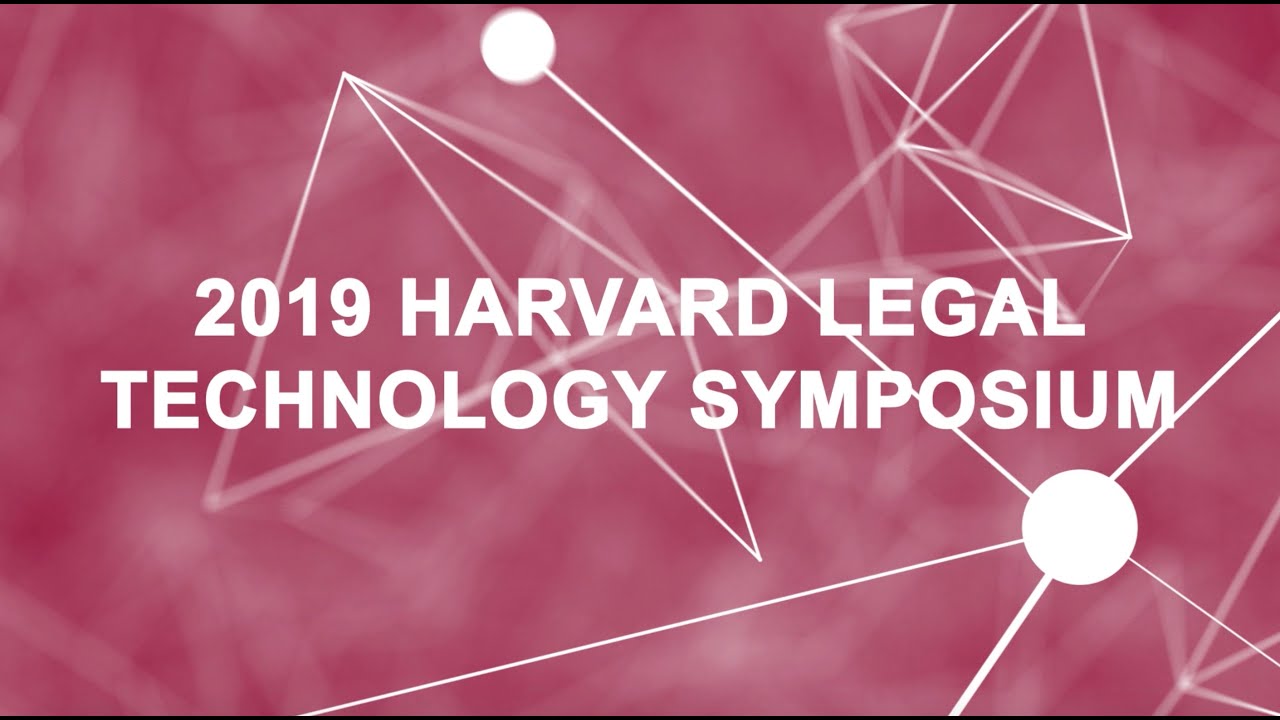The Future Of Legal Education And Its Impact On The Profession
The future of legal education is undergoing a rapid transformation, driven by technological advancements, globalization, and changing societal values. To stay relevant and effective in this rapidly changing landscape, the legal education system must also evolve.
Author:K. N.Mar 02, 202322.5K Shares376.3K Views

The future of legal educationis undergoing a rapid transformation, driven by technological advancements, globalization, and changing societal values.
To stay relevant and effective in this rapidly changing landscape, the legal education system must also evolve.
In this article, we will explore some of the key trends and challenges facing legal education, and consider how legal educators can embrace technology and innovation to prepare the next generation of lawyers for the future of the profession.
Technology Revolutionization
Technology is revolutionizing the legal profession, and legal education must keep pace. By integrating technology into the curriculum and using it in the classroom, students can gain the skills and knowledge they need to thrive in this new landscape.
Legal educators must also help students understand the ethical and legal implications of technology, and promote the responsible use of these tools.
The changing legal landscape also requires lawyers to be innovative and entrepreneurial.
Legal educators can support this by offering courses on legal entrepreneurship, innovation, and alternative legal services, and by incorporating experiential learning opportunities into the curriculum.
Finally, diversity and inclusiveness are becoming increasingly important in the legal profession, and legal educators must respond to this demand.
By promoting diversity and inclusiveness in the curriculum, and creating an inclusive and welcoming learning environment, legal educators can help students develop the skills and values they need to be successful in a changing and challenging legal landscape.
In conclusion, the future of legal education is bright, but it requires a commitment to technology, innovation, diversity, and inclusiveness.
By embracing these trends, legal educators can help students become the lawyers that the world needs, now and in the future.
Rise Of Technology In The Legal Profession
One of the most significant trends shaping the future of the legal profession is the rise of technology.
From e-discovery and online dispute resolutionto artificial intelligence and blockchain, technology is changing the way that lawyers work, and the types of legal services they provide.
Legal educators must ensure that students are equipped with the necessary skills and knowledge to thrive in this new landscape.
One approach is to integrate technology into the curriculum. For example, law schools can offer courses on legal tech, such as e-discovery, online dispute resolution, or artificial intelligence and the law.
These courses can provide students with hands-on experience using the latest legal technology tools and platforms, as well as a deeper understanding of the ethical and legal implications of these technologies.
Another way to prepare students for the future of the legal profession is to use technology in the classroom.
This can include using online resources and virtual simulations to help students understand complex legal concepts, and using collaborative tools to facilitate group projects and discussions.
This can help students develop the critical thinking, problem-solving, and collaboration skills they will need to succeed in a rapidly changing legal landscape.
Adapting To Changing Legal Landscapes
The legal profession is also being shaped by changing societal values and globalization. As more people seek legal services from a wider range of providers, including online platforms, the traditional law firm model is being disrupted.
Legal educators must adapt to these changes by preparing students to be entrepreneurial and innovative and to think outside the box.
One way to do this is to offer courses on legal entrepreneurship, innovation, and alternative legal services.
These courses can help students develop the skills and mindset they need to start their legal practices or to work in non-traditional legal roles.
Another approach is to incorporate experiential learning opportunities into the curriculum. This can include internships, clinics, and externships, where students can gain hands-on experience working with real clients and legal practitioners.
This type of learning can help students develop a deeper understanding of the legal profession and the practical skills they need to succeed in it.
Embracing Diversity And Inclusiveness
The legal profession is also facing a growing demand for diversity and inclusiveness. Legal educators must respond to this demand by creating an inclusive and welcoming learning environment for all students, regardless of their background, race, gender, or sexual orientation.
One way to do this is to offer courses on diversity, equity, and inclusion. These courses can help students understand the importance of diversity and inclusiveness in the legal profession, and develop the skills and knowledge they need to promote these values in their future careers.
Another approach is to ensure that the curriculum reflects the diverse experiences and perspectives of the legal profession.
This can include incorporating case studies and readings that highlight the experiences of underrepresented groups, such as women, people of color, and LGBTQ+ individuals.
It can also involve creating opportunities for students to engage with these groups and learn from their experiences.
The Future Of Legal Education In Education
Legal principles play a crucial role in shaping the structure and policies of education systems.
These principles help to ensure that educational institutions are fair, and accessible and provide a safe and inclusive learning environment for all students.
In this article, we will discuss some of the key legal principles that are relevant to education.
Equal Education Opportunities
One of the most fundamental legal principles in education is the right to equal education opportunities.
This principle is embodied in various international and national laws, such as the Universal Declaration of Human Rights, the International Covenant on Economic, Social, and Cultural Rights, and the United States Civil Rights Act of 1964.
Under this principle, all students have the right to access quality education, regardless of their race, ethnicity, gender, religion, or socio-economic status.
This means that educational institutions are obligated to provide equal educational opportunities to all students and to eliminate any barriers that may prevent students from accessing education.
Free And Compulsory Education
Another key legal principle in education is the right to free and compulsory education.
This principle is based on the idea that education is a basic human right, and that all children should have access to education, regardless of their financial situation. In many countries, this principle is enshrined in national constitutions or education laws.
For example, in the United States, the No Child Left Behind Act requires states to provide free and appropriate public education to all children, while in India, the Right to Education Act mandates that all children between the ages of 6 and 14 have the right to free and compulsory education.

Legal Tech and the Future of Legal Education
Student Privacy And Confidentiality
Student privacy and confidentiality is another important legal principle in education. This principle protects the personal information and records of students and ensures that this information is not disclosed to unauthorized individuals or organizations.
In many countries, this principle is protected by laws such as the Family Educational Rights and Privacy Act (FERPA) in the United States, which restricts the release of student records and personal information, and the General Data Protection Regulation (GDPR) in the European Union, which sets out the rules for the protection of personal data.
Student Safety And Well-being
Student safety and well-being are other key legal principles in education. This principle requires educational institutions to provide a safe and secure learning environment for all students and to take appropriate measures to protect students from harm, abuse, or exploitation.
For example, many countries have laws that require schools to develop and implement policies and procedures to prevent bullying and harassment, and to respond effectively to incidents of violence or abuse.
People Also Ask
What Changes Are Expected In Legal Education?
Legal education is expected to be more tech-driven, flexible, and interdisciplinary, with a focus on experiential learning, online education, and specialized courses.
How Will Technology Impact Legal Education?
Technology is expected to provide students with more flexible and accessible learning opportunities through online education and AI, and virtual and AR simulations for hands-on experience.
What Skills Will Lawyers Need In The Future?
In the future, lawyers will need skills in technology, critical thinking, problem-solving, communication, ethics, innovation, and data analytics.
Conclusion
The future of legal education is being shaped by technological advancements, changing societal values, and globalization. Legal educators must respond to these changes by embracing technology, fostering innovation, and promoting diversity and inclusiveness.
By doing so, they can prepare the next generation of lawyers for the challenges and opportunities of the future.

K. N.
Author
Latest Articles
Popular Articles
